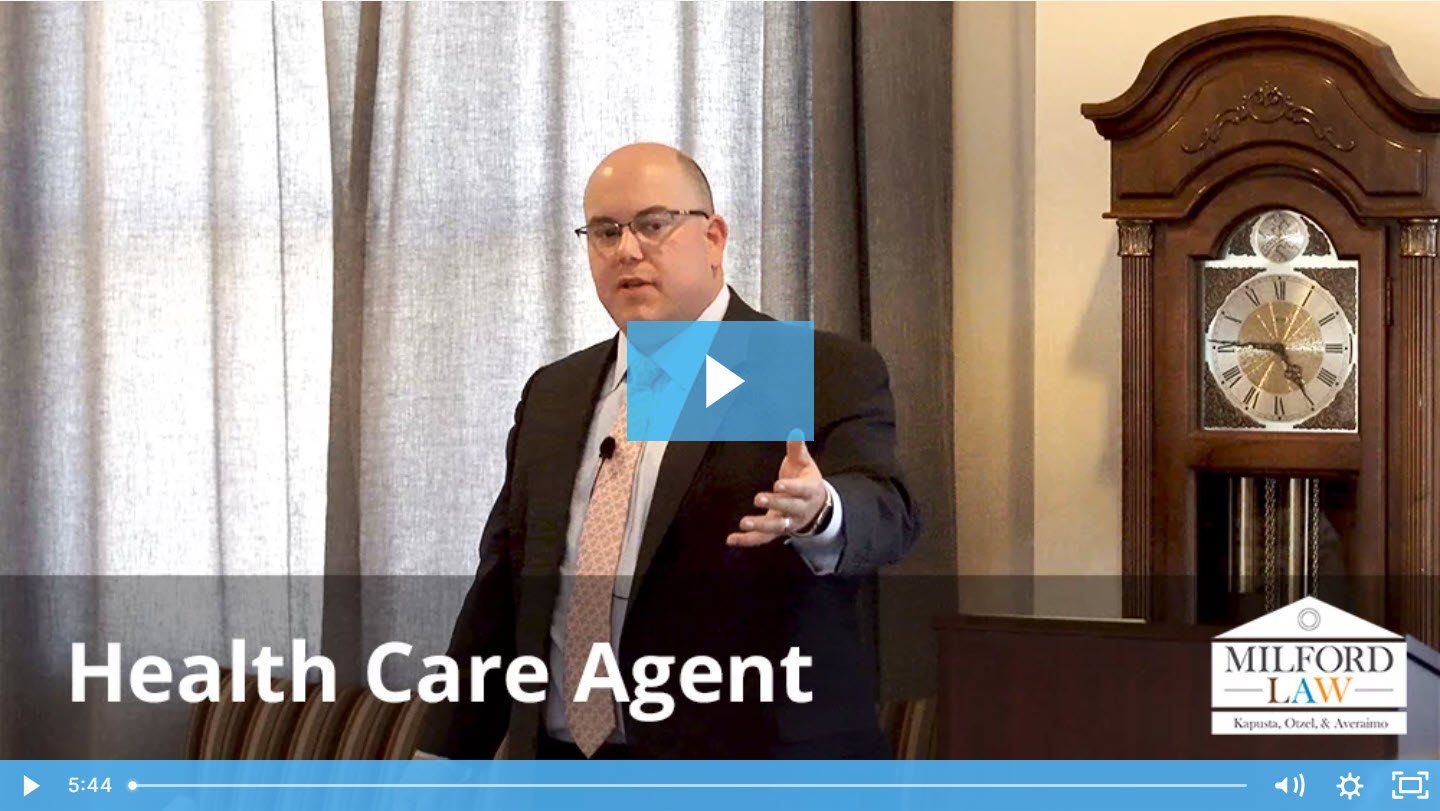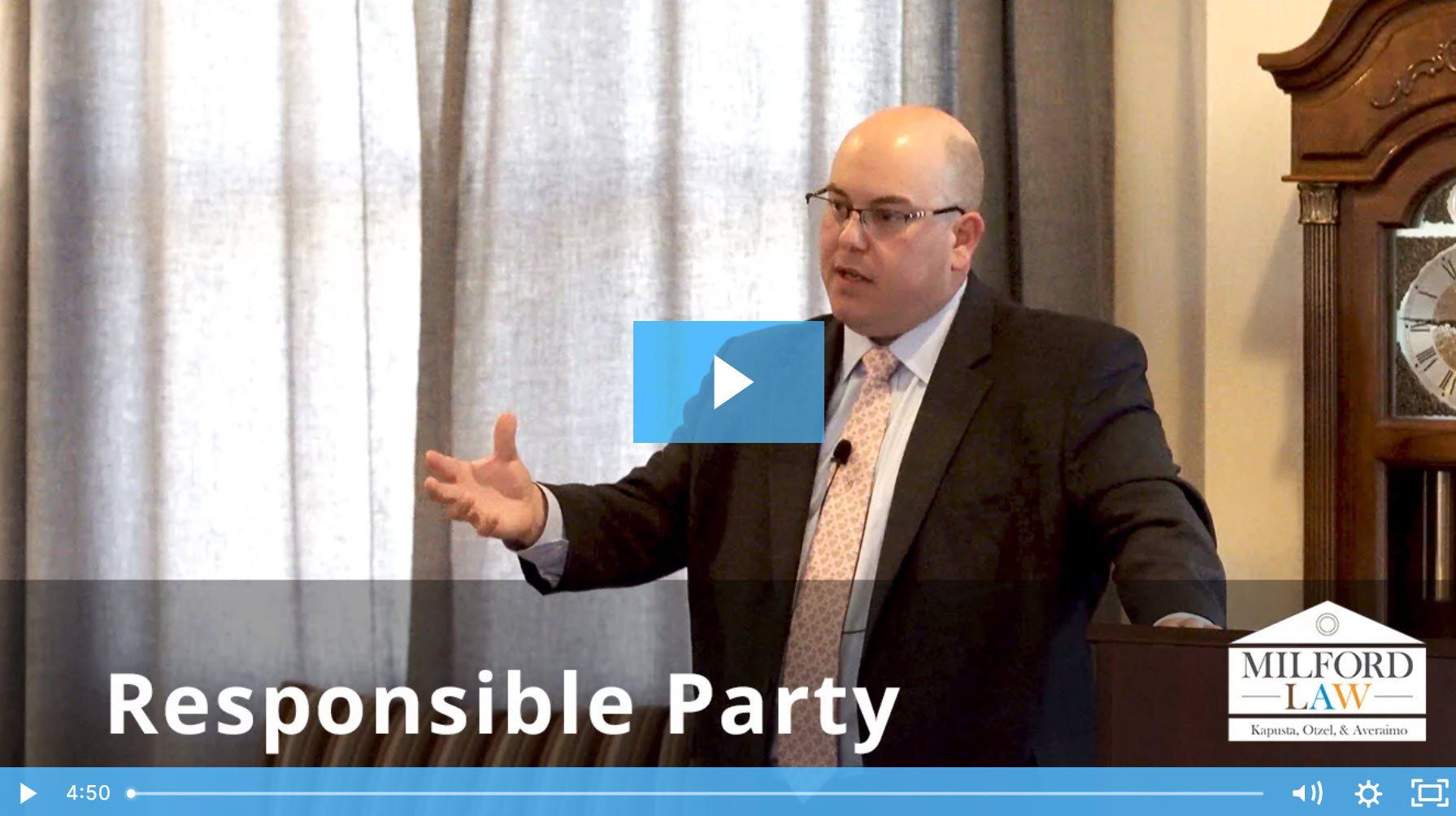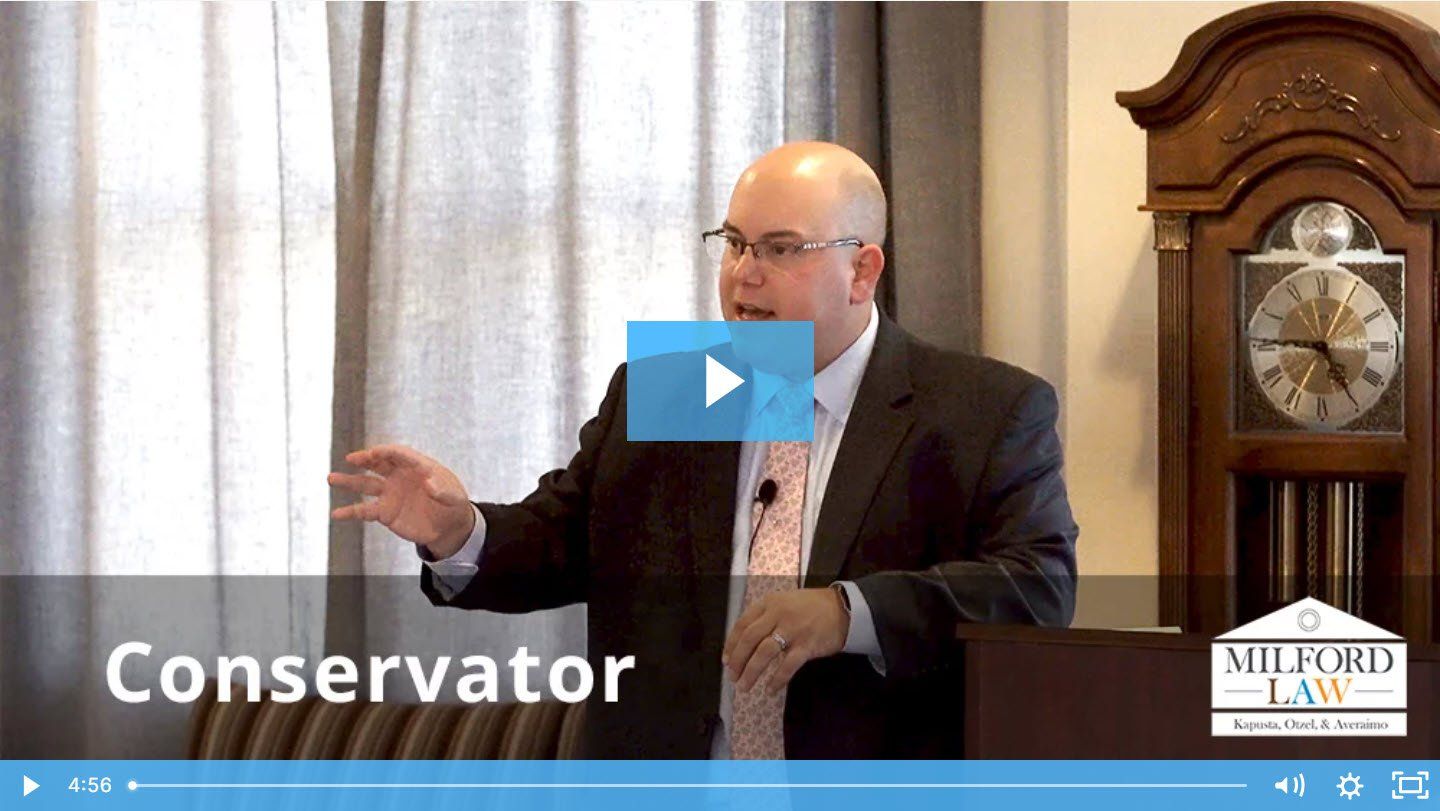Are They Licensed?
How to avoid being taken advantage of by a contractor.
Spring is here and along with the nice weather, vacation planning and first barbecue’s of the season, many individuals are planning their home renovation project. Whether it is power washing your deck, painting your home, putting on an addition or several smaller jobs there are rules you must follow to be sure you are not taken advantage of by a contractor.
Are They Licensed?
We have all seen it on the news, heard about it from a friend or neighbor and hope it never happens to us; the contractor who starts the job and does not finish, the contractor who takes a deposit and never returns to start the job or the contractor who finishes the job only for the homeowner to later find out that it was done all wrong or without permits!
Every general contractor must be licensed pursuant to the State of Connecticut Department of Consumer Protection. If they are licensed their insurance will also be verified.
If they are not licensed or insured DO NOT HIRE THEM!
The State of Connecticut of Department of Consumer Protection gives individuals tips on how to hire the proper contractor and remain as safe as possible from scams or being taken advantage of. Take a look!
Get it in Writing.
When hiring any contractor for any project, it must be in writing! According to Connecticut General Statutes Section 20-429 et seq. no home improvement contract shall be valid or enforceable against an owner unless it:
- is in writing;
- is signed by the owner and the contractor;
- contains the entire agreement between the owner and the contractor;
- contains the date of the transaction;
- contains the name and address of the contractor;
- contains a notice of the owner’s cancellation rights in accordance with the provisions of chapter 740;
- contains a starting date and a completion date; and
- is entered into by a registered salesman or registered contractor.
Not withstanding the above requirements, the contractor must be aware that any change in the terms and conditions shall be in writing and shall be signed by the owner and the contractor. That means if you want something added on get it in writing so you are not surprised later.
Do Your Homework. A Home Improvement Contract is non compliant with the act when:
- Is not signed by the contractor and the owner;
- A fully signed copy was not delivered to the owner; and
- Does not contain a statement that this is the full agreement of the parties.
Kapusta Otzel & Averaimo has engaged in civil litigation throughout the State of Connecticut against numerous contractors who have tried to take advantage of homeowners through renovation projects and violated the Home Improvement Act.
If you have been taken advantage of by a Home Improvement Contractor and need results, please call us. We have extensive experience in these matters and know how to get results.
Milford Law Articles











